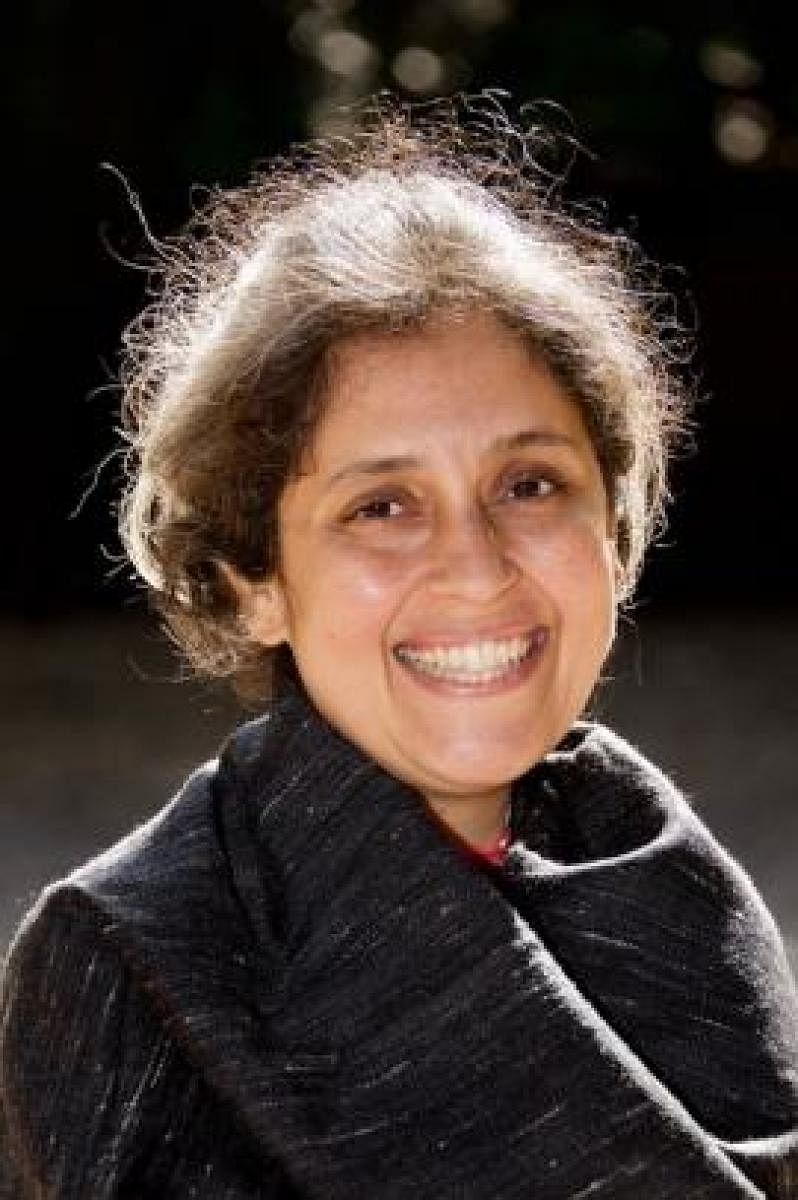The starvation deaths in the national capital have come as a shock to the country. It exposes the fault lines of marginalised people who had migrated from other parts of the country to Delhi for livelihood. Dr Reetika Khera, Associate Professor (Economics and Public Systems) at IIM-Ahmedabad, spoke to DH’s Shemin Joy on what ails the system.
The national capital has been hit by starvation deaths. Is it new in the capital? Are there hidden starvation deaths in Delhi?
According to newspaper reports, two post-mortem reports confirm that the deaths of the three little sisters were due to starvation. What is unprecedented about this situation is that it led to three deaths in the same family at the same time. Urban hunger has been an issue and in some cases worse than rural hunger where social support systems may work better. This case illustrates the lack of social support systems and demonstrates the need for the government to have better systems in place.
Where did the Centre and state governments err?
If it is indeed true that the deaths were due to starvation, it reinforces earlier evidence on the niggardliness of welfare provisions in the country. Going by newspaper reports, the mother suffered from mental health issues; the father was in search of work opportunities. I don't know whether the girls were enrolled at the local school and Anganwadi or not. All these public services, when functional (as they are in several other states, and perhaps more so in rural areas) serve as a lifeline for such vulnerable families.
What should they do? Has the PDS system failed to help them?
The family did not have a ration card — I don't know why. Perhaps they did not have the ID documents that are required to get onto the PDS or perhaps the Delhi government has exhausted its quota of ration cards under the NFSA. Apparently, the family were ‘migrants’ from Bengal (living in Delhi for many years), yet had no ration card. For such families, initiatives such as Amma and Indira canteens which provide heavily subsidised meals could have made a difference. The Delhi government runs such outlets but the coverage is meagre and the prices aren't low enough for such destitute person. Their case also indicates the need for universal systems rather than targeted systems, because when systems are targeted the most vulnerable get left out.
We have heard similar reports from Jharkhand too. Is starvation deaths rampant in Jharkhand and other places?
There have been 14 starvation deaths in Jharkhand since September 2017. What is happening there is a government-made disaster, out of the 14 deaths, at least seven are directly attributable to the use of Aadhaar in the PDS and social security pensions. Repeated suggestions to the government to discontinue Aadhaar in these systems have fallen on deaf ears. Contrary to all the evidence, the government’s strategy has been to deny that these are starvation deaths and to claim that the government is in no way responsible for the deaths. The situation in Jharkhand is very grim, already vulnerable people are being pushed over the edge due to the disruption caused by Aadhaar in welfare programmes.
What more should be done to ensure social security in the country?
One immediate step is to replace the use of Aadhaar with smart cards in the PDS (as Tamil Nadu and Himachal Pradesh have done), and other welfare programmes. Instead of that, the government is arm-twisting the states that are reluctant to adopt Aadhaar's disruptive technology. In the longer term, we need to beef up social spending: universalise and/or existing programmes (eg, introduce nutritious items such as dals and edible oil like Tamil Nadu and Himachal Pradesh) and introduce new programmes such as Amma canteens across all states.

